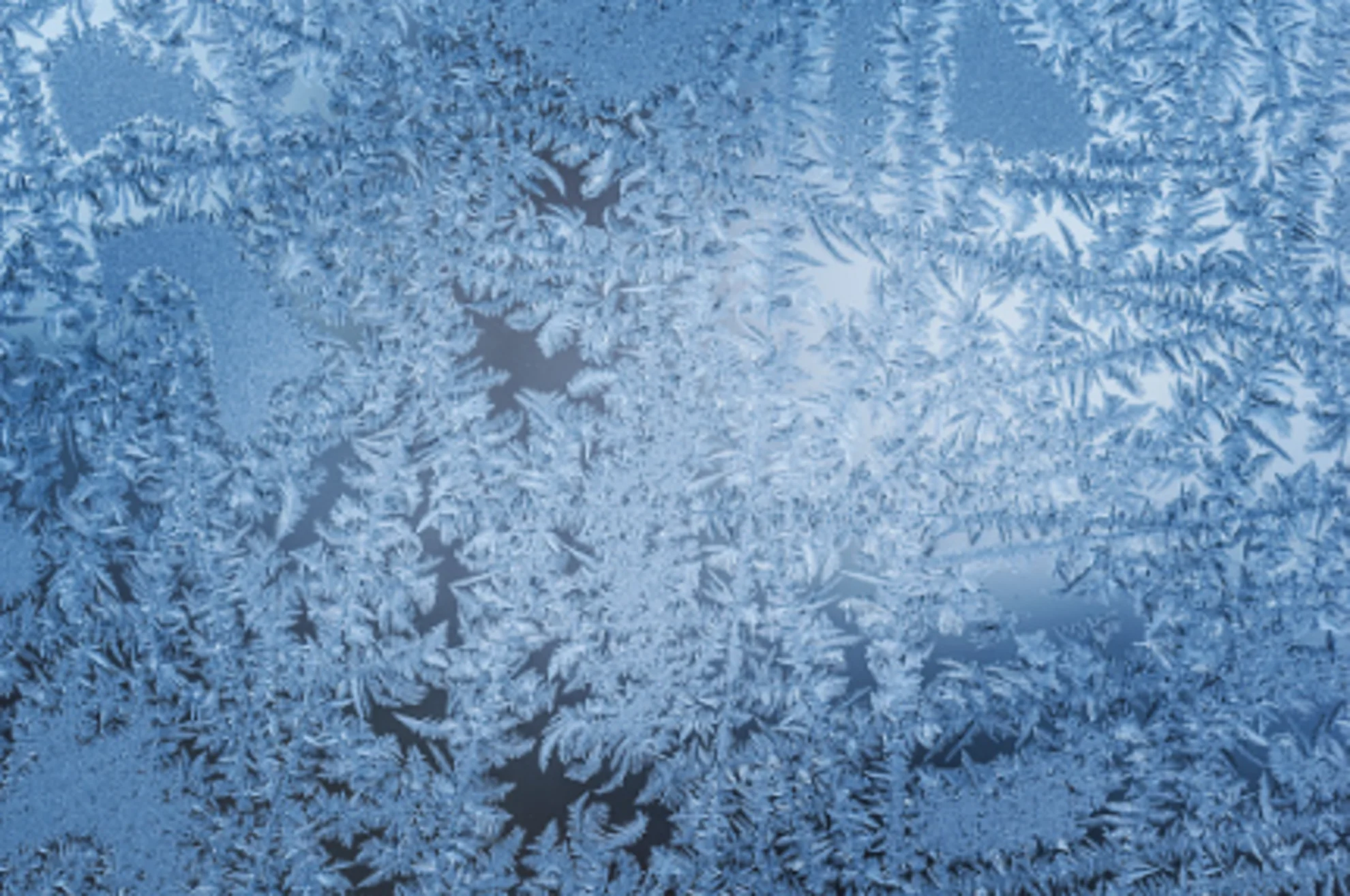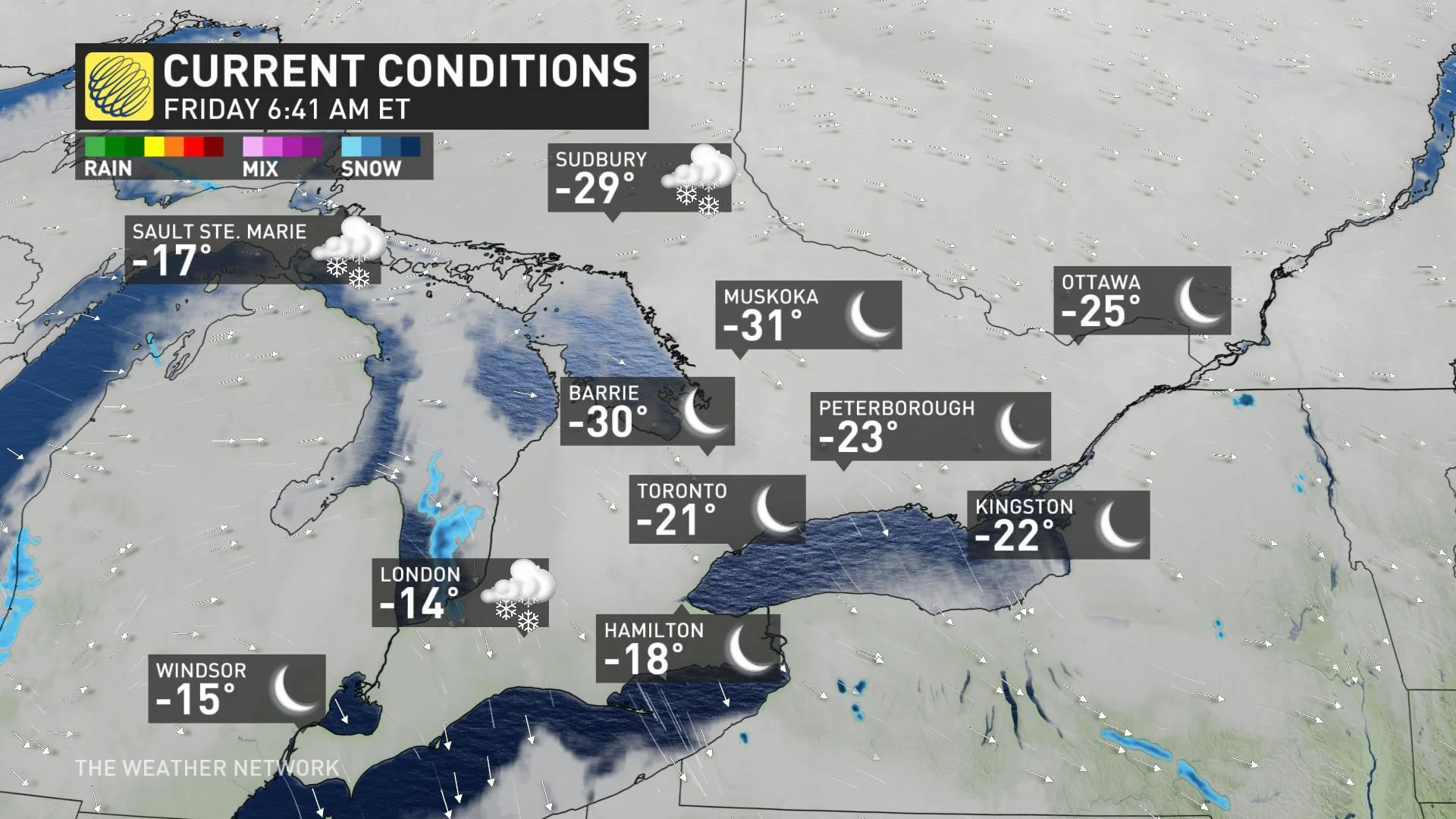
Did you hear it? Frost quakes rumble through southern Ontario
'Loud cracks and bangs' heard across southern Ontario Thursday night as temperatures hit the coldest values of the season.
Southern Ontario woke up Friday to the coldest temperatures of the winter season so far as overnight lows plummeted into the -20s, feeling like the -30s when you factor in the wind chill. But for some residents, it wasn't the cold that kept them awake, rather "loud booms" echoing through the night.
As temperatures bottomed out late Thursday, people took to Twitter to report booming sounds and the ground shaking in the Toronto area -- likely the rare phenomenon known as cryoseism, or "frost quakes."
HOW DOES THIS HAPPEN? FROST QUAKES EXPLAINED
"Cryoseism is a special form of seismic event (ie: earthquake), not caused by moving tectonic plates, but instead, it is a result of the sudden onset of extreme cold," explains Weather Network meteorologist Scott Sutherland.
As the sudden influx of frigid air leaches heat from the ground, freezing temperatures spread deeper and deeper under the surface, where they reach groundwater flowing through soil and percolating through rock, and as a result, that water freezes solid.
"Since water expands when it freezes, this newly-formed ice puts sudden and intense pressures on the rock and soil, and when that pressure gets to be too much, the ground suddenly cracks, emitting a loud bang," Sutherland adds.

The process of cryoseism. Credit: Getty Images/Scott Sutherland
While these can be quite loud for anyone who is in the immediate vicinity, and they can even shake the ground nearby, they are typically not heard or felt beyond about a city block away. This is because they are a very localized effect, that doesn't produce enough energy to be felt or heard at longer distances (as a tectonic earthquake would).
As such, frost quakes aren't necessarily dangerous, although they can be quite alarming.
Most often, frost quakes occur between midnight and dawn, when temperatures are coldest, and in areas with little snow on the ground, since a layer of snow will insulate the ground from the falling temperatures. In some cases, though, strong winds not only produce extreme windchills, but also drive blowing snow, exposing areas of the ground and making them vulnerable to cryoseismic events.

With files from Scott Sutherland
